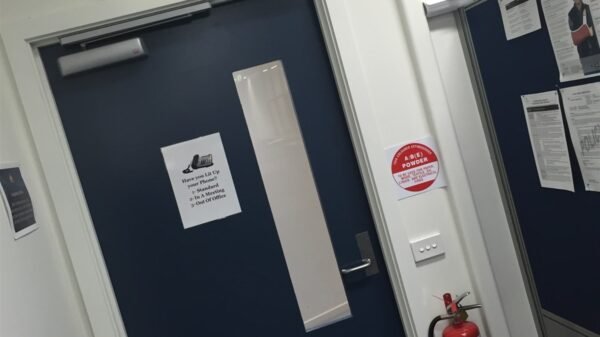Growing old happens to all of us. However, mobility sometimes imposes limitations as age settles in. While it isn’t a problem for all seniors, those who struggle with mobility or memory issues may need assistance with everyday tasks such as bathing and grooming. Individuals having difficulty with personal care, household chores, and remembering things may feel overwhelmed and frustrated.
When an elderly family member suddenly requires assistance with daily living, it may be time to consider moving into an assisted living facility. Residents in a senior care community receive a customized care plan designed to improve and enhance everyday life. Meals are provided, along with housekeeping, to make life easier and more enjoyable. Highly trained care team members are on call 24 hours a day to assist should an emergency arise.
What Does a Residence Care Facility Have to Offer?
Senior residence communities have many amenities, beginning with a carefully laid out apartment ranging from a private studio to a one or two-bedroom floor plan, depending on need and preference. The apartments are warm and cozy, much like the home a resident enjoyed before moving in. The open-concept design allows residents to use walkers, canes, and wheelchairs in all parts of the apartment without needing assistance.

Housekeeping services ensure that each apartment is clean and tidy. Resident laundry is washed and dried weekly. Specially prepared meals are served in the dining room three times daily, and snacks and beverages are available throughout the day. Seniors have access to daily activities on and off the premises and use of the common areas. It’s the perfect place for creating new friendships and enjoying community life.
Comprehensive Care Plans Are Designed for Each Senior
Custom-tailored care plans address each senior’s needs. Everyone grows old differently. Some have little to no health issues, while others must take daily medications or attend therapy classes. Caregivers ensure medication is taken on time each day. Accessible living spaces and common areas benefit those who require walkers or wheelchairs. If a resident needs help with bathing and dressing, a team member is there to assist. Memory care is also available to ensure the safety of residents with Alzheimer’s disease or dementia.
Remaining Active is the Key to Longevity
Senior care communities offer many opportunities for physical activity. Personal spiritual practices are welcomed and encouraged. At the heart of living in an assisted care community are the engaging programs and activities that the facility offers. Participation is an opportunity for residents to mingle with other seniors. Many friendships develop in a senior community as residents find new friends with similar interests to discuss and share time with.
The senior years are a time for trying new things that one has always wanted to experience but kept putting off. It’s never too late to do the things that make you happiest. Residential care communities provide a safe environment where residents are encouraged to socialize and participate in programming designed to keep the cognitive skills working and the body moving. The key to longevity is to remain active and be upbeat about life.





























































